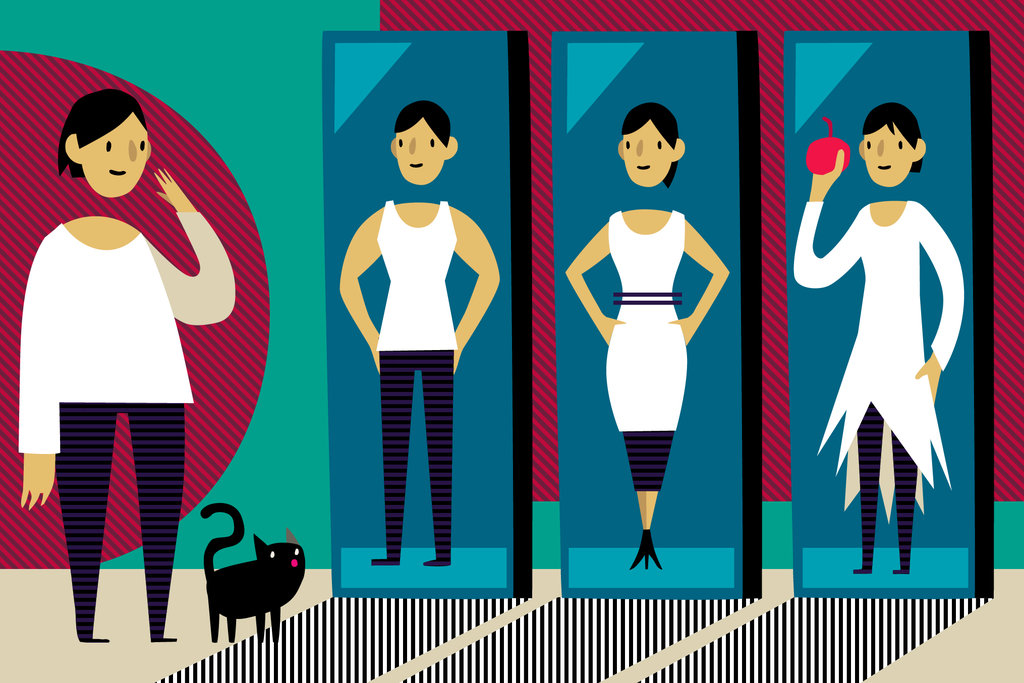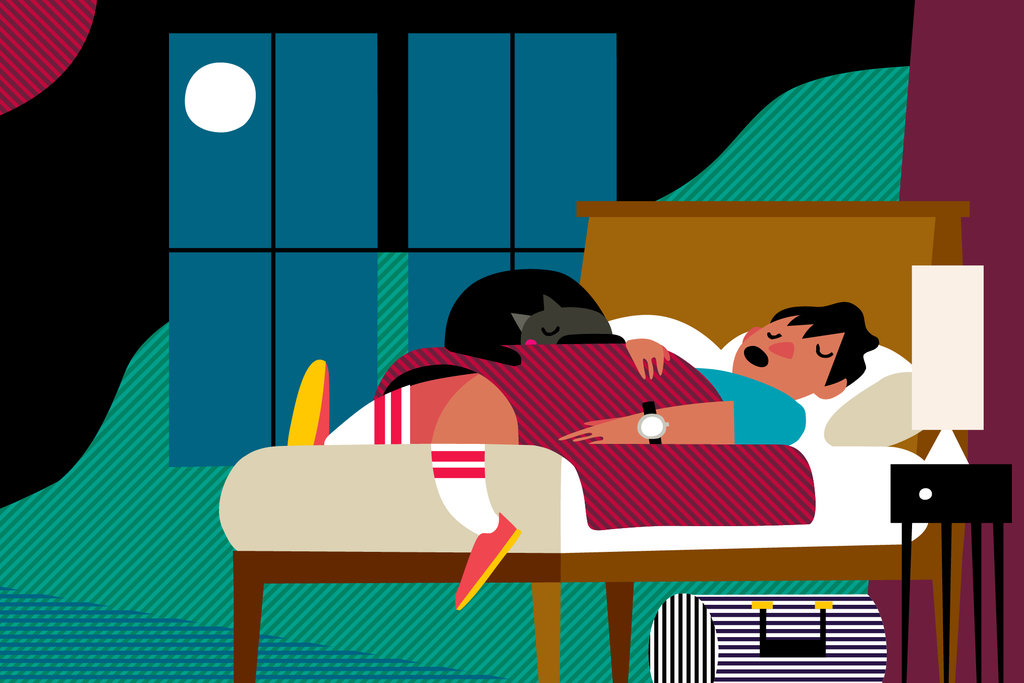Night_Hawk
Siasat.pk - Blogger
How to Start Working Out
Exercise can protect you from disease, slim your waistline and extend your lifespan. But doing it regularly is easier said than done. Work, stress, relationships and a lack of time can all stand in the way, which is why the vast majority of Americans don’t exercise nearly enough. But the right plan and knowledge about how to structure an exercise routine can help you make it a regular part of your life. Here are ways that you can start a fitness routine – and stick to it – so you can reap the vast benefits of exercise.
The Benefits of Exercise
Understanding and framng your goals can help you stick to an exercise plan.

Know 'Why'
Everyone should exercise. But not everyone decides to do it for the same reasons. One critical thing you should ask yourself when starting an exercise program is this:
What is your primary motivation?
Did you get some alarming test results from your doctor that you want to change? Are you on a mission to lose 20 pounds? Is your goal to gain muscle and increase your energy levels? Do you just want to look good naked?
“One of the most important things when you kick start your journey is to know your ‘why,’”
said Lynne Johnson, a lead health and wellness coach at the Dan Abraham Healthy Living Center at the Mayo Clinic in Rochester, Minn.Understanding your motivation — your primary purpose for starting a fitness routine — will help you stay on track when unexpected barriers cause you to think about quitting. Figure out which of the many reasons to exercise is most important to you. Then keep it in the back of your mind as you go through your fitness journey and remind yourself why you started if you ever get the urge to quit.
More Motivation
Need some help choosing your ‘why’? Here are what studies have shown to be just a few of the many important reasons to exercise.
Exercise can protect you from disease, slim your waistline and extend your lifespan. But doing it regularly is easier said than done. Work, stress, relationships and a lack of time can all stand in the way, which is why the vast majority of Americans don’t exercise nearly enough. But the right plan and knowledge about how to structure an exercise routine can help you make it a regular part of your life. Here are ways that you can start a fitness routine – and stick to it – so you can reap the vast benefits of exercise.
The Benefits of Exercise
Understanding and framng your goals can help you stick to an exercise plan.

Know 'Why'
Everyone should exercise. But not everyone decides to do it for the same reasons. One critical thing you should ask yourself when starting an exercise program is this:
What is your primary motivation?
Did you get some alarming test results from your doctor that you want to change? Are you on a mission to lose 20 pounds? Is your goal to gain muscle and increase your energy levels? Do you just want to look good naked?
“One of the most important things when you kick start your journey is to know your ‘why,’”
said Lynne Johnson, a lead health and wellness coach at the Dan Abraham Healthy Living Center at the Mayo Clinic in Rochester, Minn.Understanding your motivation — your primary purpose for starting a fitness routine — will help you stay on track when unexpected barriers cause you to think about quitting. Figure out which of the many reasons to exercise is most important to you. Then keep it in the back of your mind as you go through your fitness journey and remind yourself why you started if you ever get the urge to quit.
More Motivation
Need some help choosing your ‘why’? Here are what studies have shown to be just a few of the many important reasons to exercise.
- Exercise Slows the Aging Process: Aging muscles have trouble regenerating and have fewer and less efficient mitochondria, the energy powerhouses of our cells. But exercise, especially when it’s high intensity, increases the number and health of mitochondria — essentially helping to reverse aging at the cellular level.
- People Who Exercise Are Happier: Exercise can alleviate symptoms of depression and help you better cope with stress and anxiety. Even just getting up and moving around may make you feel happier, studies show.
- It May Lengthen Your Lifespan: Exercise has been linked time and time again in studies both large and small to reductions in mortality from all causes. But some of the most fascinating research comes from extensive analyses carried out at the Cooper Institute in Dallas, which show that compared with nonrunners, runners tend to live about three years longer. Every hour of running you do adds an estimated seven hours to your life expectancy. In fact studies have found that as little as five minutes of daily running is associated with longer life spans.
- Exercise Improves Your Body Composition: Most people gain fat as they get older. It’s essentially inevitable. But lifting weights and following a good diet have the opposite effect: They help you put on muscle and lose fat, even if you are older than 60.
- It Can Boost Your Brain Health: Studies of aerobic exercise have found that it protects your memory and helps stave off cognitive decline as we age.
- Exercise Improves Your Microbiome: Studies show that exercise can drastically improve the composition of the trillions of microbes that live in the gut, which may be one reason it strengthens the immune system, fights inflammation and helps with weight control.
Last edited by a moderator:










































